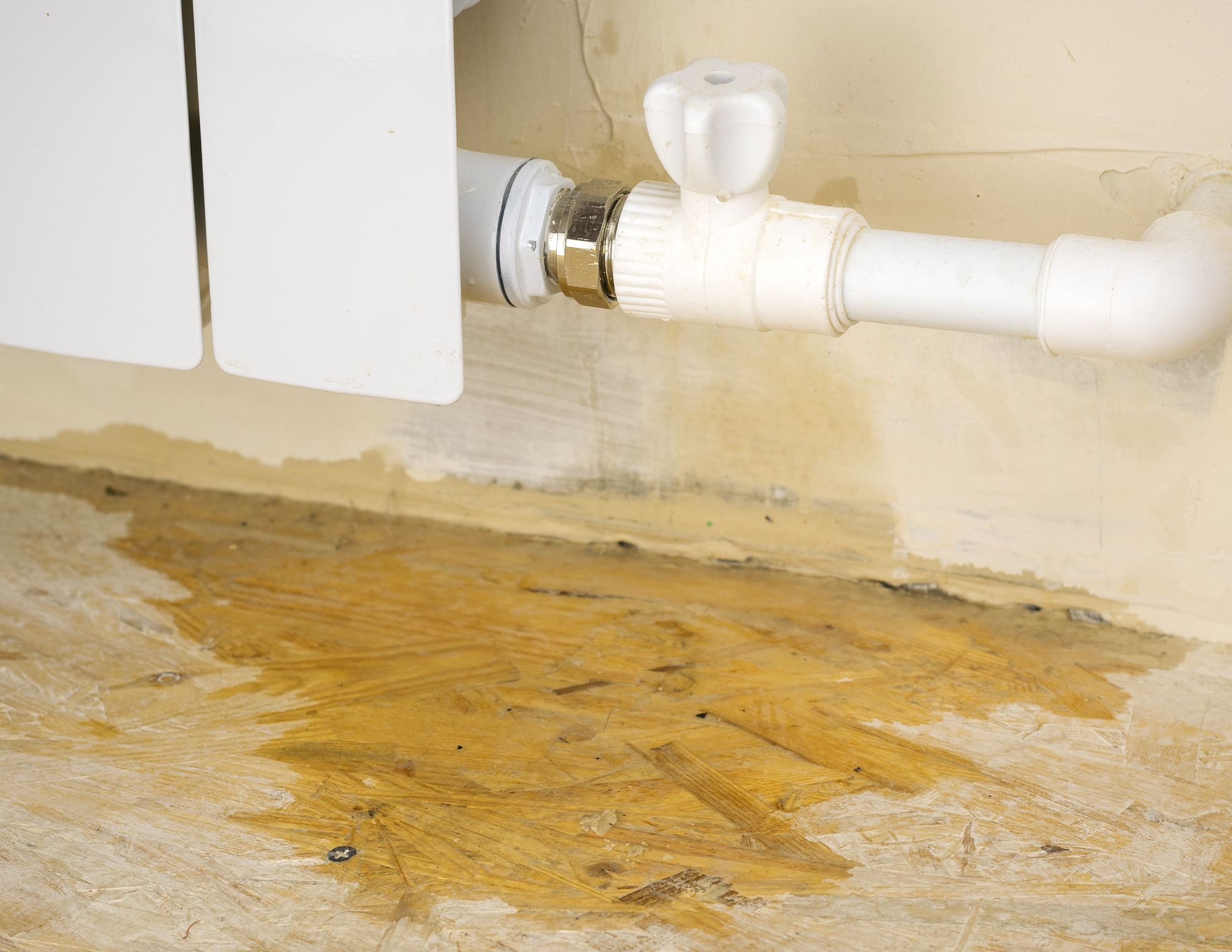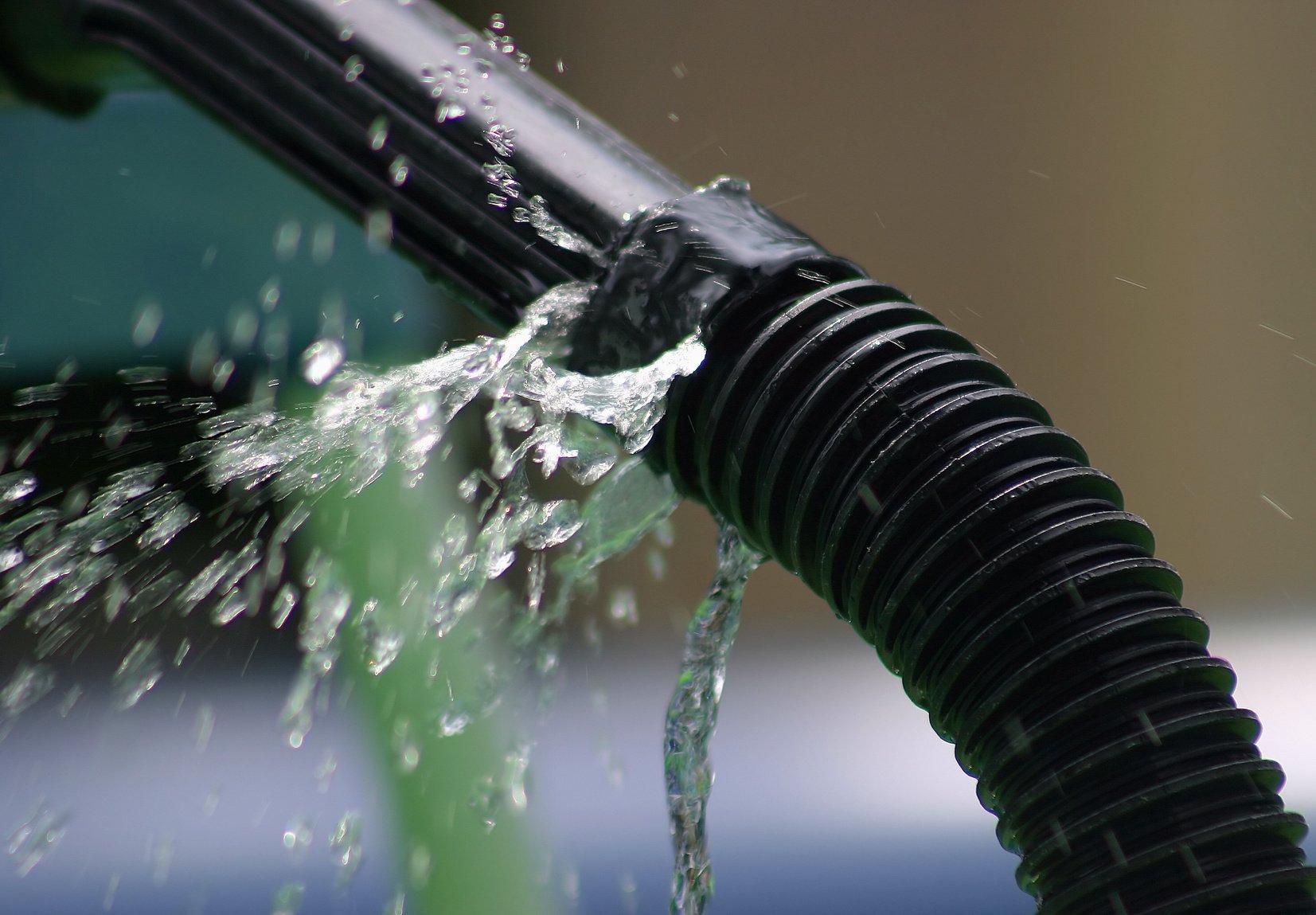Identify the Six Principal Leak Factors Inside The House
Identify the Six Principal Leak Factors Inside The House
Blog Article
Presented here down the page you'll find lots of great answers in regards to How to Find Water Leaks.

Leaks not just create waste of water yet can also cause unneeded damage to your home and advertise unwanted organic growth. Water leakages could go undetected considering that many of the pipework in our residence is hidden. By understanding and looking for daily circumstances that cause leaks, you can protect your residence from future leakages and also unneeded damage. Today, we will look at 6 leakage triggers that may be causing your pipelines to leak.
Instant temperature level adjustments.
Extreme temperature changes in our pipes can trigger them to broaden and also get all of a sudden. This development as well as contraction might cause fractures in the pipelines, especially if the temperature level are below freezing. If you kept an eye on exactly how your plumbing functions, it would certainly be best. The presence of the formerly pointed out scenarios often shows a high danger.
Rusty water systems
This could be the reason of staining or warping on your water pipes. If our plumbing system is old, think about changing the pipelines because they are at a greater threat of deterioration than the newer versions.
Malfunctioning Pipeline Joints
Pipeline joints can deteriorate over time, resulting in water leakages. If you have loud pipes that make ticking or banging sounds, particularly when the hot water is transformed on, your pipe joints are probably under a lot of stress.
Encroaching roots
Many water leaks begin outside your home rather than inside it. If you notice an abrupt reduction in water pressure, claim in your faucet, take time to head out as well as analyze your lawn. You might see wet spots or sinkholes in your yard, which might indicate that tree roots are getting into water lines creating water to seep out. You can have your plumber look for breach, especially if you have trees or bushes near your home.
Poor Water Connectors
Sometimes, a leakage can be caused by loose hoses as well as pipes that provide your appliances. Generally, moving is what triggers the loose water Links. You might locate when it comes to a cleaning device, a hose pipe may spring a leakage because of shaking during the spin cycle. In case of a water connections leak, you may see water running straight from the supply line or puddles around your appliances.
Clogged Drains
Obstructed drains could be bothersome as well as inconveniencing, however they can sometimes wind up causing an overflow leading to burst pipes. Maintain getting rid of any type of products that may decrease your drains that can clog them to stay clear of such troubles.
All the above are root causes of leakages yet not all water leaks result from plumbing leaks; some leakages could originate from roofing system leakages. All leaks must be repaired immediately to prevent water damages.
Leaks not just create waste of water but can likewise create unnecessary damage to your residence and also promote unwanted natural development. By understanding as well as looking for everyday situations that trigger leakages, you can protect your home from future leaks and unnecessary damage. Today, we will look at six leakage creates that might be creating your pipelines to trickle.
At times, a leakage can be created by loosened pipes as well as pipes that supply your devices. In instance of a water links leakage, you may observe water running directly from the supply line or puddles around your devices.
How To Check For Water Leak In Your Home
How To Check for Leaks
The average household's leaks can account for nearly 10,000 gallons of water wasted every year and ten percent of homes have leaks that waste 90 gallons or more per day. Common types of leaks found in the home are worn toilet flappers, dripping faucets, and other leaking valves. These types of leaks are often easy to fix, requiring only a few tools and hardware that can pay for themselves in water savings. Fixing easily corrected household water leaks can save homeowners about 10 percent on their water bills.
To check for leaks in your home, you first need to determine whether you're wasting water and then identify the source of the leak. Here are some tips for finding leaks:
Take a look at your water usage during a colder month, such as January or February. If a family of four exceeds 12,000 gallons per month, there are serious leaks.
Check your water meter before and after a two-hour period when no water is being used. If the meter changes at all, you probably have a leak.
Identify toilet leaks by placing a drop of food coloring in the toilet tank. If any color shows up in the bowl after 10 minutes, you have a leak. (Be sure to flush immediately after the experiment to avoid staining the tank.)
Examine faucet gaskets and pipe fittings for any water on the outside of the pipe to check for surface leaks.
Undetected water leaks can happen without the home or business owner even realizing. If you suspect a water leak, but not able to find the source. It is time to contact a professional water leak detection service, The Leak Doctor.
How To Find a Water Leak In Your Home
https://www.leakdoctor.com/blog/How-To-Check-For-Water-Leak-In-Your-Home_AE197.html

As a devoted person who reads about How to detect water leaks in your home, I was thinking sharing that piece was important. Are you aware of someone else who is excited by Common Water Leaks In House? Please feel free to promote it. Thank-you for taking the time to read it.
Plumbing challenges? Get immediate solutions. Report this page